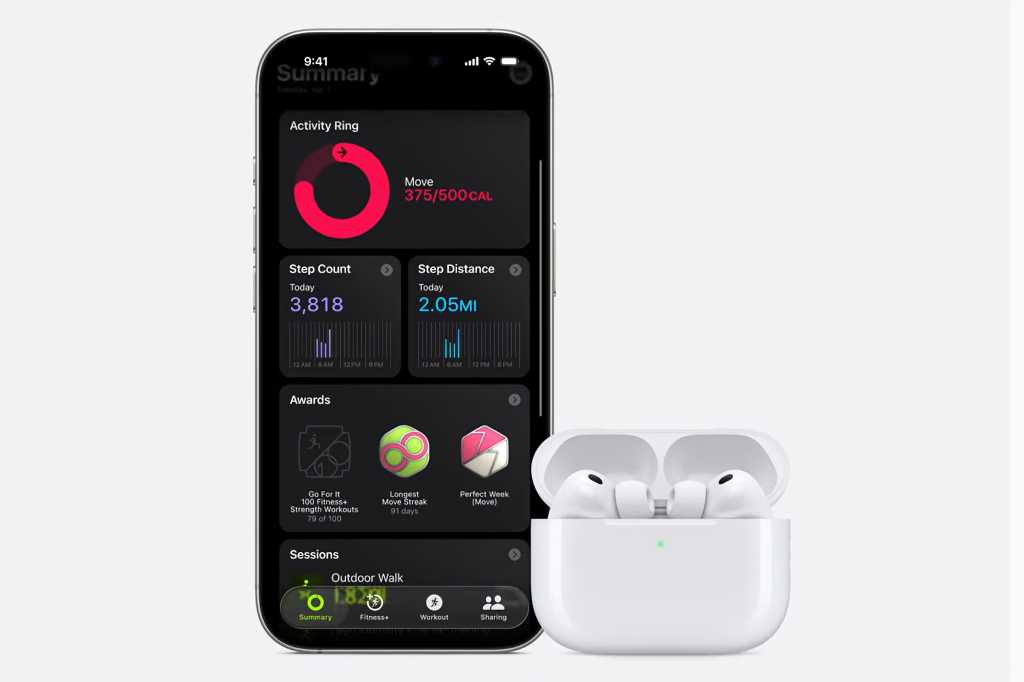What about privacy?
Then there’s privacy. Apple’s privacy commitments are allowed to exist — and that can’t be taken for granted, given the energy governments seem to be putting into undermining these protections — help reassure us that our data, including AI-gathered information, will not be used against us in some way.
These protections help ward off surveillance advertising. It’s, after all, plausible to imagine “personalized” ads appearing on digital advertising screens on every corner of every street you travel down, based on your unique user data. Just because you’ve had a hypertension warning doesn’t mean you want your eyes exposed to an endless supply of keep fit, anti-cholesterol drinks and life insurance ads as you go to your local mall, after all.
What happens if?
My concern is that once the bulwark of privacy and personal security is removed, what then? When a population is accustomed to the convenience of wearable AI, at what point will the greed of surveillance-at-a-profit business models stop? As the AI juggernaut penetrates every part of life, where is the political will to define privacy rights?

